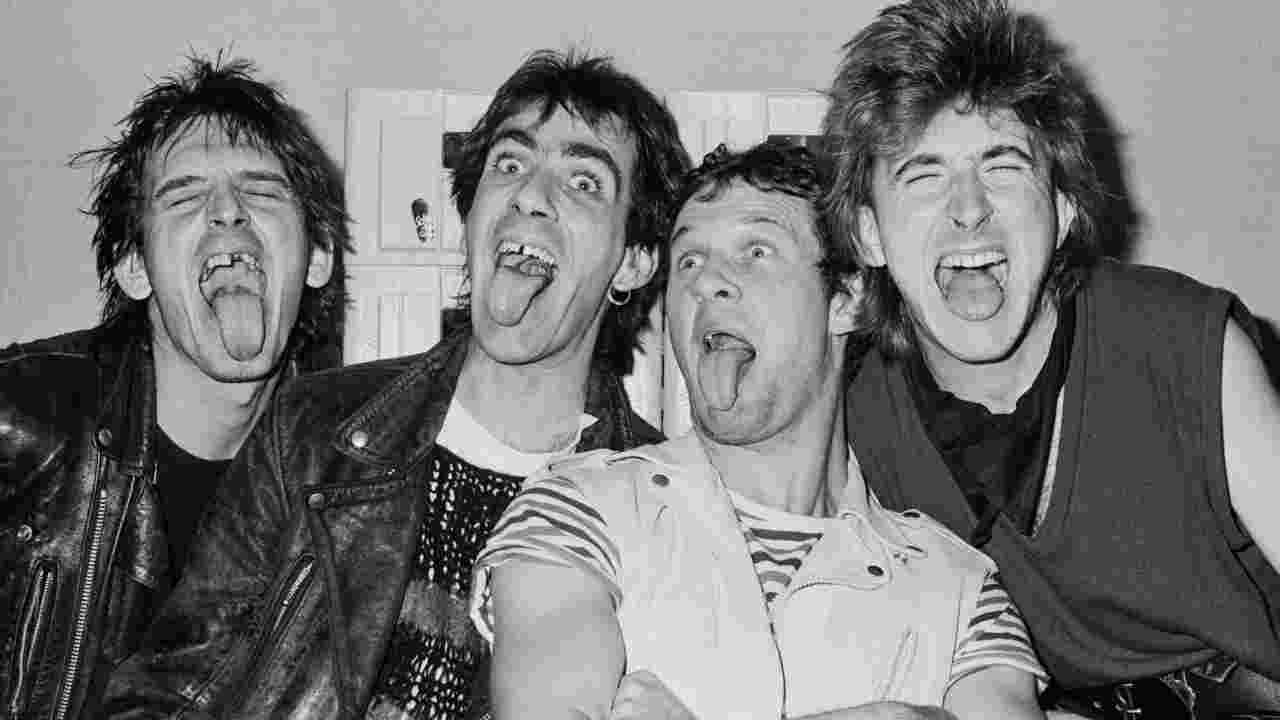You can trust Louder
The last time one looked, Paul Weller was a sixty-something geezer with a grown-out shaggy mod feather cut: elder statesman chasing that elixir of youth we’d all love to bottle. His latest studio album, available as everything from humble cassette to extra-tracks deluxe package, attempts to balance that artistic conundrum where age-related wisdom meets the refusal to stagnate.
Opener Mirror Ball sets the scene: a piano flourish bookends a piece that spins from toughened MOR to experimental discotheque, with Ernie Isley-style guitar and a female chorale meshed by Weller’s ever-confident vocal range. The gospel-driven Baptiste aims at higher ground.
This breath of New Orleans funk and Bobby Bland testifying suggests Weller’s been paying the Horsell Evangelical Church in Woking a visit, while one of his role models (he’s got plenty), Steve Winwood, casts a shadow. The pastoral Old Father Thyme, more groove than song, frames his mindset with a few ‘hold on to what is real’ tropes that don’t jar with his fresh-and-focused blueprint.
Ageing up is a slow process, addressed in Village where he rails against parochialism, bolstered by Hannah ‘Game Of Thrones’ Peel’s strings, The Staves on backing vocals and Mick Talbot’s Hammond Organ. It’s as old-school as Weller ever gets here and he doesn’t loiter.
More is an Anglo-French chanson featuring Julie Gros from Le Superhomard, although her contribution is eclipsed by a lengthy instrumental arrangement borrowed from Roy Ayers.
Ever the magpie with a love for shiny trinkets, Weller slips in West Coast Santana-style guitar, Middle Eastern drone, hand claps and honking tenor. References are introduced and then discarded at will. The title track threatens to be George Harrison’s My Sweet Lord, dissolves into JJ Cale and goes free-form.
Weller’s got a large kitchen sink, and he throws whatever he fancies into the suds: Norman Whitfield, a splash of vibes, some Isaac Hayes, a Lalo Schifrin flute. The Bowie homage Equanimity has touches of Hunky Dory-era glam, cut with Slade’s Jim Lea’s Hot Club violin flourish, and it fills your heart.
Sign up below to get the latest from Classic Rock, plus exclusive special offers, direct to your inbox!
Talbot returns for Walkin’, although this is more about the ripple than the Style Council splash. A new world mood informs Earth Beat, an ecstasy house bubble with American teen rapper Col3trane in the mix. Bowie’s on sale again in Rockets, the late singer envisaged as a cloud of nebular dust; a voice in space.
Intriguing, to say the least.
Max Bell worked for the NME during the golden 70s era before running up and down London’s Fleet Street for The Times and all the other hot-metal dailies. A long stint at the Standard and mags like The Face and GQ kept him honest. Later, Record Collector and Classic Rock called.


